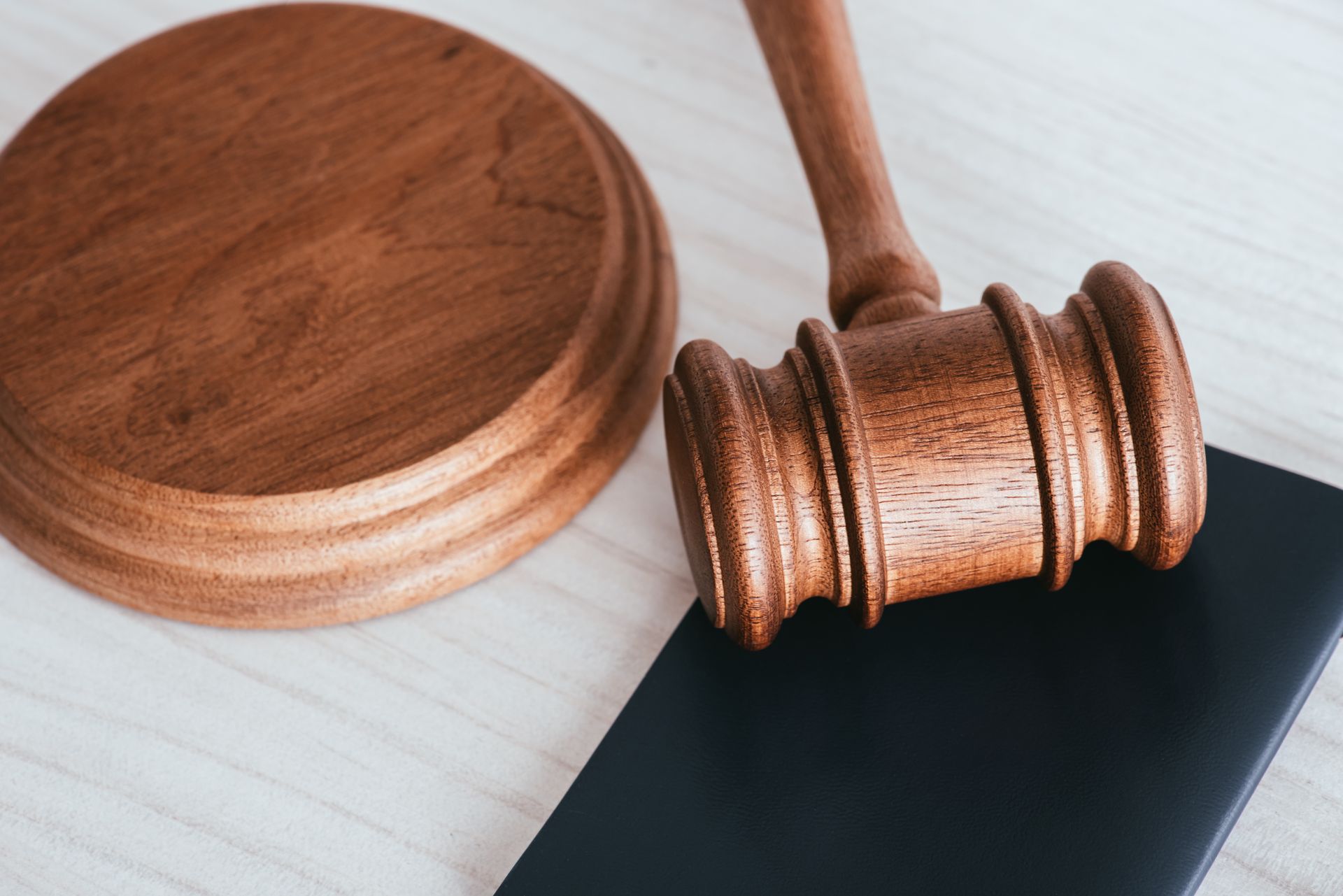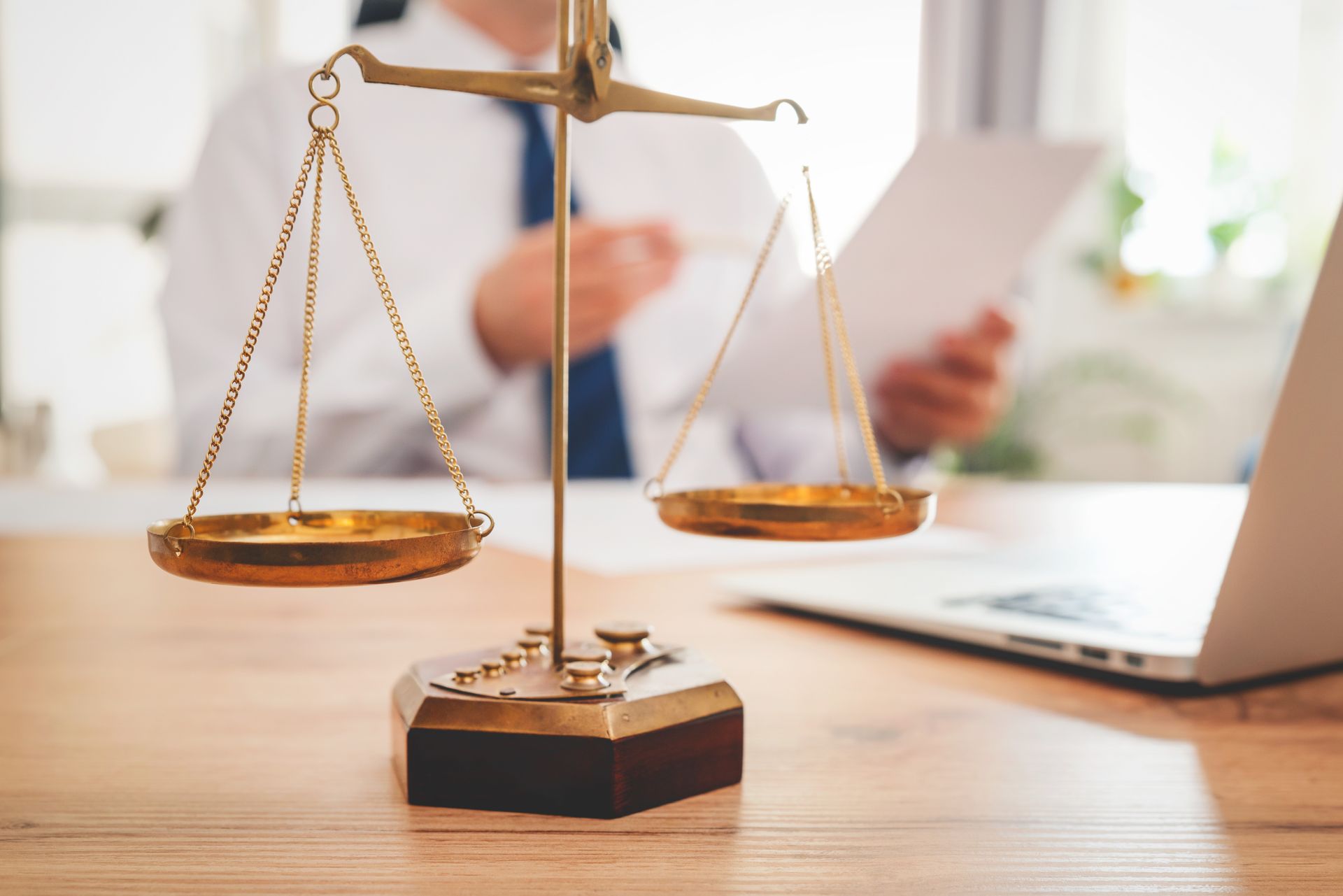What’s the Difference Between Being Arrested and Detention in Yonkers?
America’s founders had a strong dislike of government intruding unnecessarily into private citizens’ lives. The U.S. Constitution’s Fourth Amendment protects against unreasonable searches and seizures, and its Eighth Amendment against cruel and unusual punishment. The other side of the coin, however, is the government’s duty to ensure public safety.
Am I Free to Leave?
So, just as we are free to drive our red Mustang down a highway, the police are also able to detain people for questioning when they have a reasonable suspicion that something isn’t right. For example, if there is a reported hit-and-run by someone driving a red sports car on the highway—and you drive a red sports car—you might be pulled over for questioning.
Once the police determine that your red sports car shows no paint chips, scratches or dents, you should be free to leave. On the other hand, if your car shows evidence of a collision, the police may have probable cause for an arrest. Probable cause is more than suspicion or a hunch – it arises from facts and circumstances. A police officer can also conduct an arrest if he or she observes a crime or has a warrant from a judge.
When Questioned by a Police Officer:
- The officer must be able to explain why you are being questioned.
- You may ask specifically: “Am I being detained and why, or am I free to leave?”
- A person being detained cannot be frisked unless the officer has reason to believe he or she is armed and dangerous.
- Questioning should last only as long as needed to conduct the investigation. Detentions are supposed to be “brief and cursory.”
- You cannot be moved to another location (taken to the police precinct) unless you are arrested. Once a person is arrested, he or she can be searched and taken into custody.
- If you are arrested, ask for a lawyer and do not answer any additional questions until you are advised to do so by an attorney. That is your Fifth Amendment right.
Recourse if Procedures Weren’t Followed
If the police do not follow proper protocol during detainment, the person whose rights were violated can, with the assistance of a lawyer:
- File a report against the officer(s)
- Make a motion to have any evidence found during the detention dismissed
- File a civil rights lawsuit that can change how the police department operates and result in compensatory or punitive damages
Know Your Rights
The Yonkers criminal defense attorneys at Sayegh & Sayegh have expertise in the New York criminal system and can explain your rights. Contact us online to discuss your case with a Sayegh & Sayegh attorney today.


Schedule a Case Evaluation
Contact us now!
Homepage FCE Form
We will get back to you as soon as possible.
Please try again later.
By submitting this form, you agree to be contacted by our law firm, either by phone, text or by email.
Practice Areas
Hours
- Mon - Fri
- -
- Sat - Sun
- Appointment Only
Disclaimer: The information on this website is for general information purposes only. Nothing on this site should be taken as legal advice for any individual case or situation. This information is not intended to create, and receipt or viewing does not constitute an attorney-client relationship.
All Rights Reserved | Sayegh & Sayegh, P.C. | Powered By Convert It Marketing | Privacy Policy
All Rights Reserved | Sayegh & Sayegh, P.C. | Powered By Convert It Marketing | Privacy Policy








